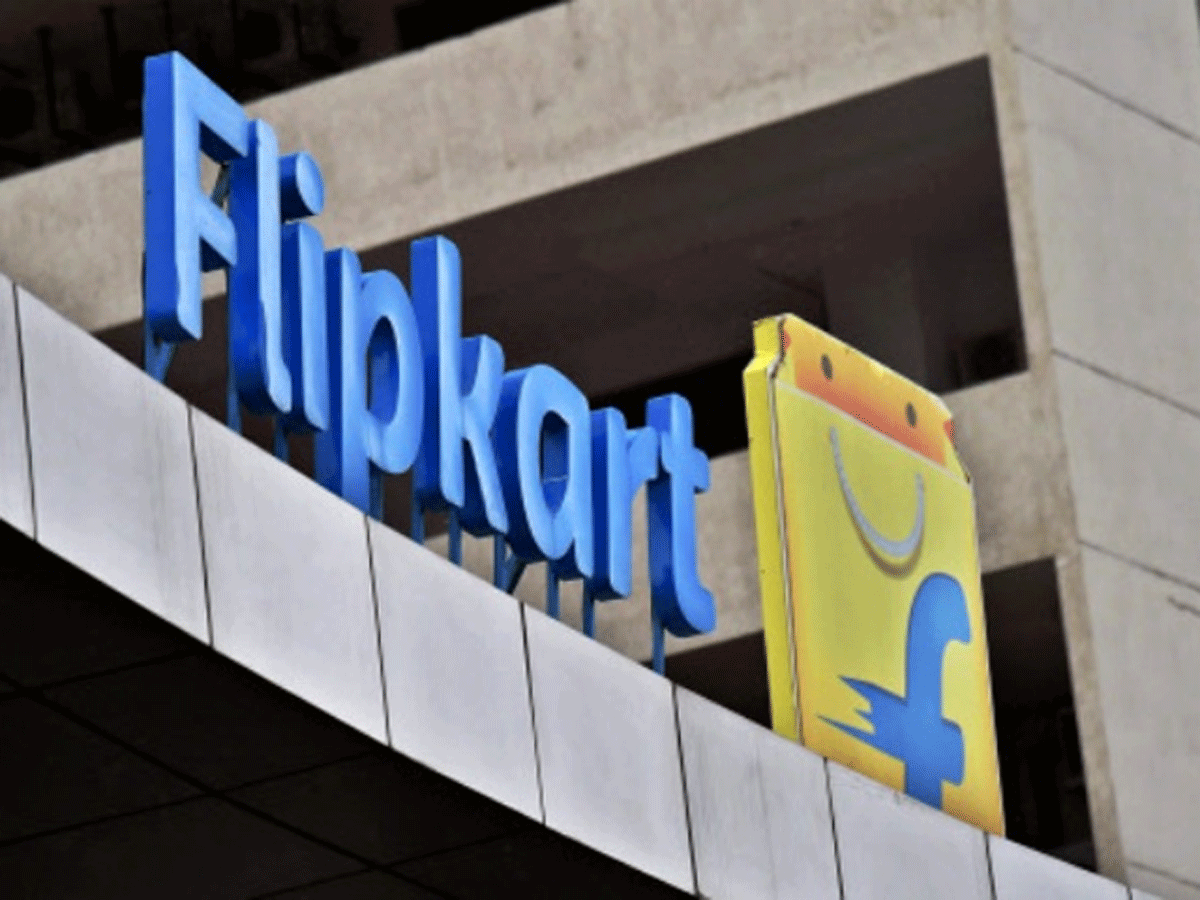 BENGALURU: Walmart-owned Flipkart will launch its wholesale business in the upcoming quarter, two sources directly aware of the development said, as it gears up to take on Amazon’s B2B division, Reliance’s Market and Tencent-backed Udaan, apart from other vertical e-commerce startups.
BENGALURU: Walmart-owned Flipkart will launch its wholesale business in the upcoming quarter, two sources directly aware of the development said, as it gears up to take on Amazon’s B2B division, Reliance’s Market and Tencent-backed Udaan, apart from other vertical e-commerce startups.Flipkart has over the last few months ramped up its supply chain capabilities and engagements with manufacturers in the run-up to the launch. The company is also running a pilot FMCG project supplying to kirana (corner) stores in the Delhi NCR region, one of the sources said.
Flipkart has also held conversations with B2B FMCG supply chain startup Jumbotail for a potential investment to strengthen its kirana store procurement experience, according to multiple sources aware of the matter. Jumbotail did not respond to an email query sent by ET.
“Flipkart will focus on FMCG and fresh foods categories to begin with, and over time, build the electronics and fashion category,” one of the source added. “The idea is to look at the B2B space with the same technology-first approach as B2C,” another person said, adding that the company will significantly invest in scaling up the vertical this year.
Adarsh Menon, senior vice president at Flipkart, has been appointed to lead the initiative. Quite a few executives from the consumer marketplace have been transferred to this division over the last five months to build out categories and do early pilots, sources added.
A Flipkart spokesperson did not directly comment on the launch of its wholesale business. "We view the B2B segment as an opportunity to support and grow kiranas and SMEs in the country," the spokesperson said. “Technology can play a critical role in making the kirana ecosystem very robust and efficient.”
The move comes at a time when Flipkart’s parent Walmart has let go of more than 100 senior executives, including vice presidents, across sourcing, agri-business and the fast-moving consumer goods B2B divisions. Speculation has been rife that Flipkart would eventually merge with Walmart’s wholesale cash and carry business in India, which has been incurring heavy losses over the years.
In December, Flipkart made an investment in fruits and vegetables supplier Ninjacart to boost its sourcing from farmers.
In October, Flipkart registered an entity Flipkart FarmerMart, marking its entry into the food retail category. In addition, Flipkart has also invested in Shadowfax, a B2B last-mile delivery platform.
Rival Amazon has been actively scaling up its B2B division for the last 18 months, with competitive pricing as well as credit tie-ups. Udaan, on the other hand, is a multi-category trading platform with services including credit, logistics, Software as a Service, marketing, sales, and distribution.
No comments:
Post a Comment